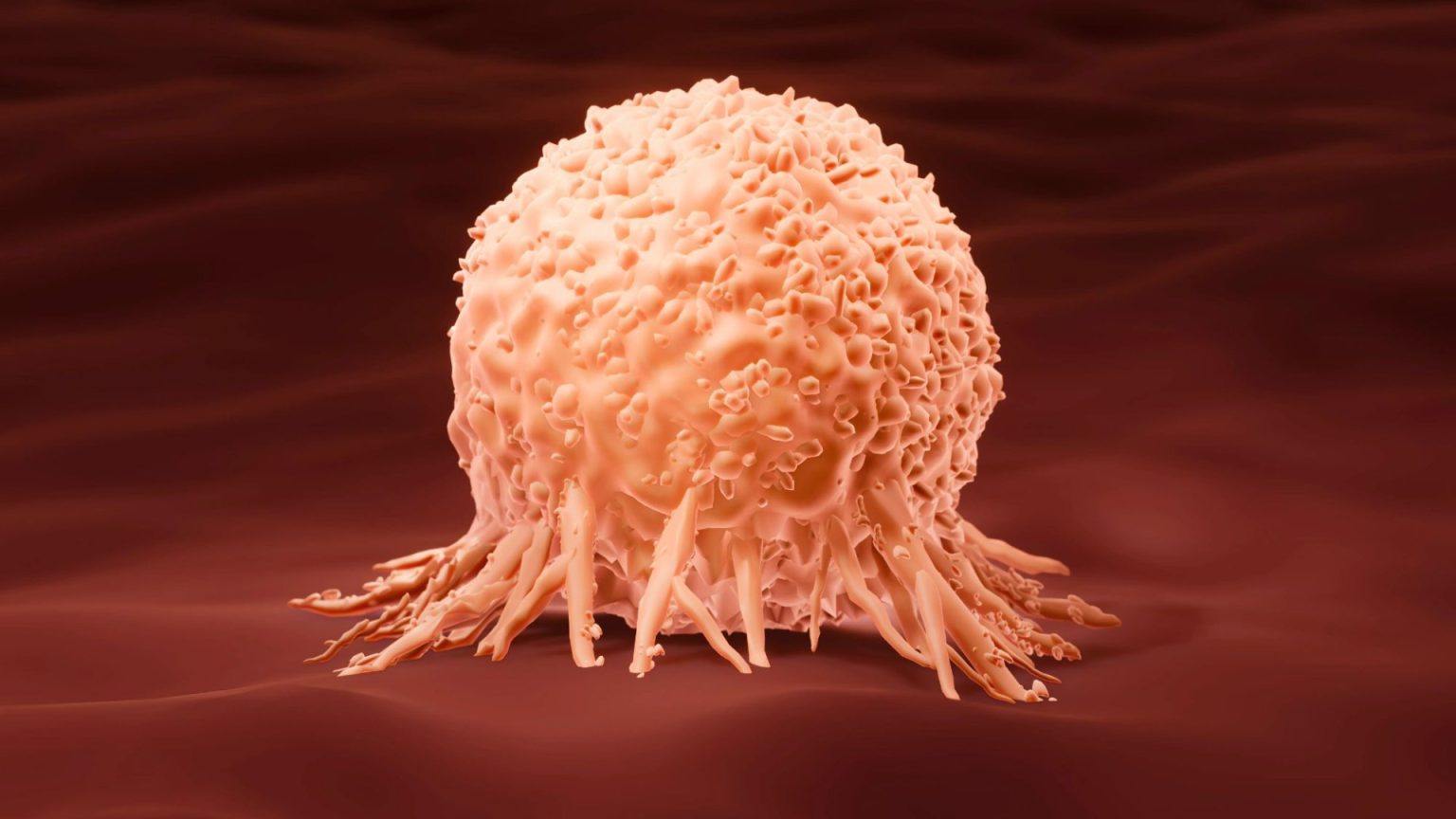Kidney cancer, the sixth most common cancer in the UK, poses a significant diagnostic challenge, with a concerning number of cases being discovered incidentally and at later stages. A recent report by Kidney Cancer UK (KCUK) reveals that a staggering 80% of kidney cancer diagnoses are accidental, often occurring during scans or tests for unrelated conditions. This highlights a critical gap in early detection methods, as the current reliance on incidental findings delays diagnosis and potentially compromises treatment outcomes. The report indicates a concerning trend of increasing incidental diagnoses, rising from 48.3% in the previous year to 54.5% currently. This underscores the need for more effective screening and diagnostic strategies specifically targeting kidney cancer, rather than relying on chance encounters during investigations for other health issues. The rising incidence of kidney cancer, projected to increase by 15% by 2040, further emphasizes the urgency of addressing these diagnostic challenges.
The lack of a convenient and affordable screening test for kidney cancer presents a major obstacle to early detection. While most diagnoses occur after patients experience symptoms, a significant proportion, over 37%, present with no noticeable signs. This highlights the insidious nature of the disease and the difficulty in identifying it in its early stages. KCUK advocates for improved guidance for GPs and primary care professionals to better recognize patterns of common symptoms, facilitating earlier referrals for further testing. This proactive approach could significantly improve early detection rates and ultimately patient outcomes. The Health Secretary, Wes Streeting, who himself experienced an incidental diagnosis of kidney cancer, echoes the report’s concerns, emphasizing the importance of timely diagnosis in cancer treatment.
Delays in diagnosis exacerbate the challenges posed by kidney cancer. KCUK’s survey found that a significant proportion of patients experienced delays of one to three months or even over a year before receiving a diagnosis. Alarmingly, over a quarter of patients are diagnosed at stage 3, when the cancer has already spread beyond the kidney, impacting treatment options and prognosis. This underscores the need for streamlined diagnostic pathways and improved awareness among healthcare professionals to minimize delays and ensure timely intervention. The absence of clear and comprehensive early recognition guidelines contributes to misdiagnosis and delays in appropriate treatment.
KCUK’s report also highlights critical gaps in patient support and communication following diagnosis. A substantial number of patients reported a lack of follow-up care, inadequate communication about their diagnosis and prognosis, and insufficient information about treatment options. This lack of support leaves patients feeling isolated and uninformed, hindering their ability to cope with the emotional and practical challenges of a cancer diagnosis. The report calls for improvements in patient communication, emphasizing the need for clear and empathetic delivery of diagnosis information, comprehensive discussions of treatment options, and appropriate follow-up care to ensure patients feel supported throughout their cancer journey. This includes adherence to NHS England standards for Cancer Care Reviews, which provide crucial opportunities for patients to discuss their experiences and address ongoing concerns.
KCUK’s report offers a series of recommendations to address these multifaceted challenges. Firstly, it calls for an overhaul of the National Institute for Health and Care Excellence (NICE) guidelines to encompass a broader range of kidney cancer symptoms, moving beyond the current focus on blood in urine as the primary indicator. This expansion would equip healthcare professionals with a more comprehensive understanding of the disease’s presentation, facilitating earlier recognition and referral. Secondly, the report emphasizes the importance of improved communication and information sharing throughout the patient journey, from initial diagnosis and treatment decisions to post-treatment follow-up and long-term care. Empowering patients with knowledge and support is crucial for navigating the complexities of cancer care and improving overall outcomes. Thirdly, KCUK advocates for greater involvement of specialist kidney cancer centres in clinical trials, fostering innovation and advancing treatment options for patients. Finally, the report highlights the need for standardized biopsy guidelines and enhanced support for GPs, nurses, and pharmacists in recognizing patterns of symptoms to expedite diagnosis and referral.
The findings of the KCUK report paint a concerning picture of the current state of kidney cancer diagnosis and care in the UK. The high rate of incidental diagnoses, coupled with delays in diagnosis and inadequate patient support, underscores the urgent need for systemic changes. By implementing KCUK’s recommendations, including updating NICE guidelines, improving communication and information sharing, and enhancing patient support, the healthcare system can move towards a more proactive and patient-centered approach to kidney cancer care, ultimately improving outcomes for those affected by this challenging disease. The NHS acknowledges the need for improved early diagnosis and encourages individuals with unusual or worrying symptoms to seek medical attention promptly. Experts emphasize the importance of follow-up care in supporting patients’ return to normalcy after treatment. KCUK stresses the critical role of timely information and support in empowering patients to cope with their diagnosis and navigate the complexities of cancer care, particularly as the incidence of kidney cancer continues to rise.


